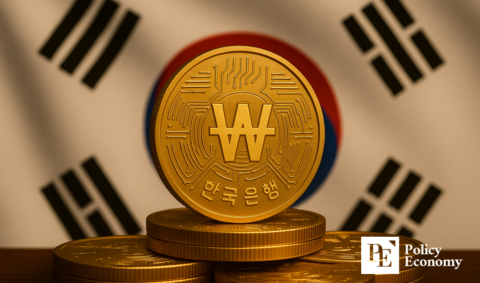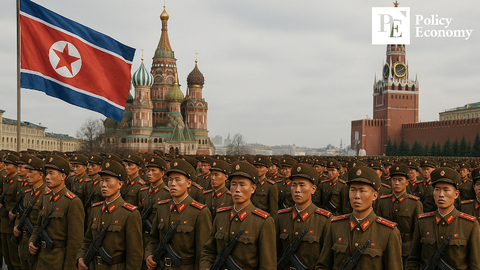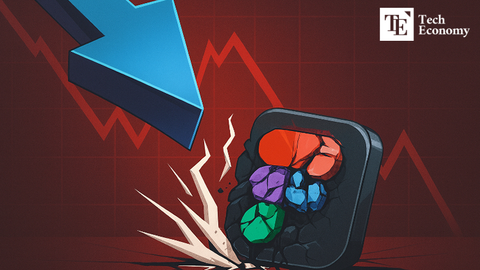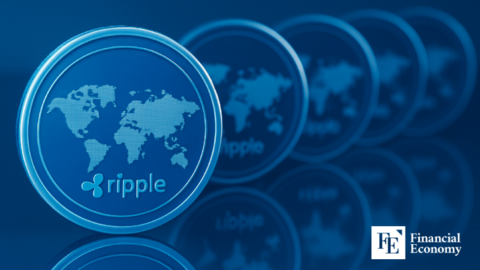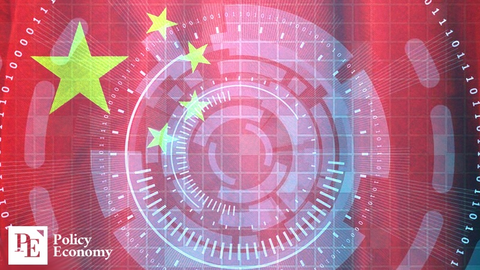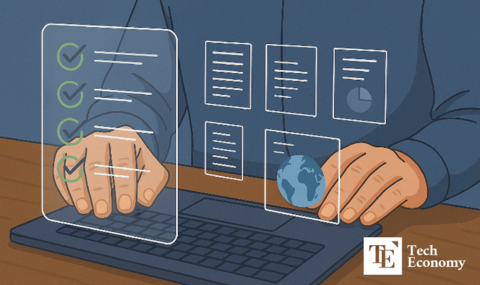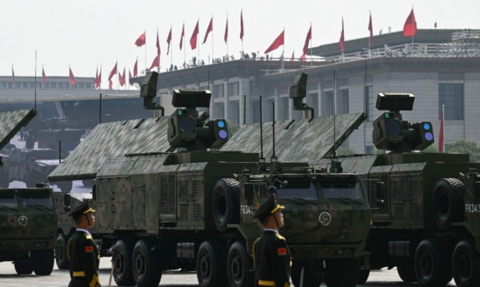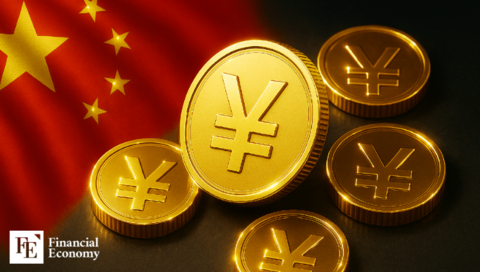US Fed Warn of Impending Price Hikes from Trump's Tariffs
Input
Changed
US Fed's Increasing Apprehensions on Trump's Tariffs Potential Impacts on the Credibility of the Federal Reserve Trump's Influence on the Federal Reserve's Decisions
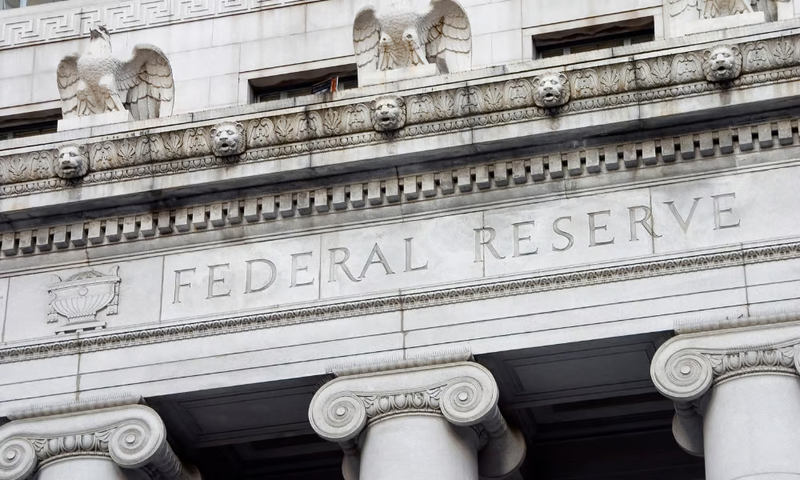
US Fed's Increasing Apprehensions on Trump's Tariffs
The U.S. Federal Reserve recently issued a severe warning regarding the potential repercussions of President Donald Trump's tariff policies, which could result in higher prices for consumers. The Trump administration's imposition of tariffs has reignited debate regarding its economic implications, as inflation remains a significant concern for the American economy. The Federal Reserve's efforts to control inflation and stabilize the economy may be undermined by the potential inflationary pressures that tariffs may be contributing to, despite their initial purpose of protecting domestic industries and reducing trade deficits.
This most recent cautionary note emphasizes the intricacy of the current economic environment that the United States is confronted with. The Federal Reserve's endeavors to guide the U.S. economy toward stability have been further strained by Trump's tariffs, as well as expanding geopolitical tensions and evolving global supply chains. The consequences of these policies may manifest themselves in the form of increased prices on everyday products, including consumer electronics and groceries, for a significant number of Americans. The purpose of this article is to investigate the potential repercussions of Trump's tariffs on U.S. inflation and economic policy. Specifically, we will examine how these trade barriers may impede the Federal Reserve's ability to preserve economic growth and pricing stability.
Donald Trump implemented a variety of tariffs on products from foreign countries, with a particular emphasis on China, during his tenure in office. The purpose of these tariffs was to safeguard American manufacturers and compel trading partners to engage in negotiations regarding matters such as intellectual property theft and discriminatory trade practices. Nevertheless, the unintended consequence of these tariffs has been an increase in prices for American consumers.
In industries that significantly depend on global supply chains, Trump's tariffs imposed additional costs on imports. For instance, the cost of consumer products and raw materials increased as a result of tariffs on Chinese-made electronics and steel. American businesses, in turn, transferred these expenses to consumers, which has resulted in inflationary pressures that have persisted until 2025. According to the Federal Reserve, the tariffs have the potential to result in long-term price increases, which could potentially impede the central bank's ongoing efforts to manage inflation.
Critics contend that these tariffs contributed to increased production costs for numerous U.S. companies, despite the Trump administration's assertion that they would equalize the playing field for American industries. The tariffs have had a significant impact on various industries, including agriculture and manufacturing, in addition to the apparent consequence of an increase in the price of goods such as electronics, appliances, and clothing. Trump's tariffs have posed an additional challenge to the Federal Reserve's endeavors to stabilize prices, as the central bank is currently grappling with the challenge of maintaining inflation.
The Federal Reserve issued a recent statement in which it expressed concern regarding the increasing economic risks that are linked to Trump's tariff policies. The central bank issued a warning that inflation could be further exacerbated if these tariffs were to be further escalated, particularly in regard to the ongoing trade conflict with China. There is apprehension that the price pressures could extend to other sectors of the economy, as the tariffs, which were initially implemented in 2018, continue to be a substantial contributor to the increasing costs of products and services.
The Federal Reserve has identified inflation as one of the most significant obstacles it encounters in its ongoing endeavors to preserve economic stability. The central bank has been proactively increasing interest rates to combat inflation; however, the tariffs are significantly complicating this endeavor. Businesses are confronted with escalating expenses that they are unable to absorb as global supply chains transition to the new tariff structure. These elevated expenses are thereafter transferred to consumers through elevated pricing.
Additionally, there are concerns regarding the potential for tariffs to disrupt global trade flows and exacerbate financial market volatility, as expressed by the Federal Reserve. Investors may become increasingly apprehensive as trade tensions persist, as they anticipate the adverse economic consequences of the escalating tariff conflict. This uncertainty could result in market instability, which would further complicate the Federal Reserve's capacity to effectively manage inflation and interest rates.
Donald Trump has endeavored to influence the Federal Reserve's decision-making processes in addition to the tariff policies. Trump publicly criticized the Federal Reserve's monetary policy decisions, particularly its interest rate increases, during his presidency. Trump has urged the central bank to reduce interest rates in order to stimulate economic development, which would alleviate the burden on consumers, as inflation remains a concern.
However, the Federal Reserve has maintained its steadfast dedication to long-term economic stability and the preservation of its independence. Fed Chairman Jerome Powell and other policymakers have opposed Trump's calls for rate cuts, contending that maintaining low interest rates in the presence of increasing inflation would only serve to exacerbate the issue. The central bank's primary objective is to regulate inflation, even if this necessitates the implementation of policies that may temporarily impede economic expansion.
Trump's influence on the central bank is a subject of increasing concern, despite the Fed's commitment to independence. Although he is no longer the president, Trump's influence in American politics is undeniable, and his opinions on economic policy continue to be persuasive. There is apprehension that Trump's influence could erode the Fed's credibility and independence, particularly if his policies are perceived as political interference in economic decision-making.
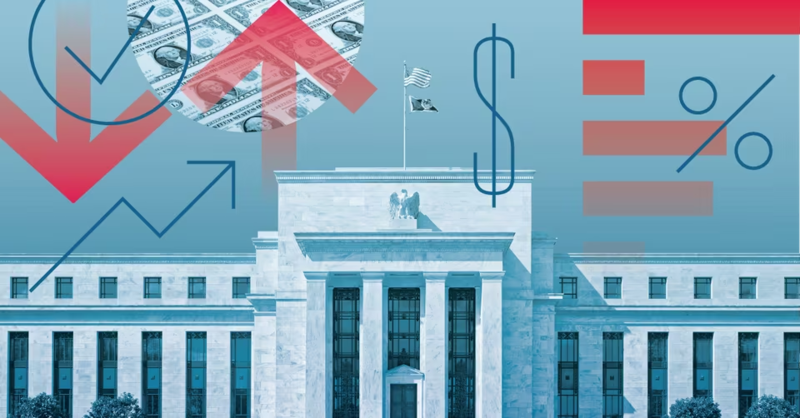
Potential Impacts on the Credibility of the Federal Reserve
The Federal Reserve's credibility is fundamentally based on its independence from political pressures. The Federal Reserve is capable of making decisions that are in the best interest of the economy by remaining impartial and concentrating on economic fundamentals, rather than yielding to political or ideological pressure points. Nevertheless, the public's confidence in the central bank may be eroded if the Fed's decision-making processes are perceived as being influenced by political figures such as Trump.
In particular, the efficacy of the Fed's policies may be substantially reduced if investors and consumers begin to doubt its capacity to act independently. Inflation control would be significantly more challenging to implement if market participants lost faith in the central bank's impartiality. This could result in heightened financial market uncertainty, which could have adverse effects on consumer confidence, business planning, and investment.
Additionally, if Trump were to significantly influence the Federal Reserve's policies, it could result in a scenario in which economic decisions are made in accordance with short-term political objectives rather than long-term economic stability. This could lead to a decrease in confidence in the U.S. financial system, which would exacerbate the challenges of attracting investment and sustaining a stable economic environment.
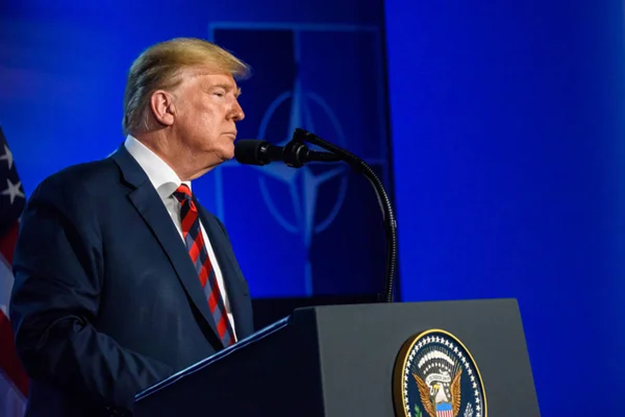
Trump's Influence on the Federal Reserve's Decisions
Although Trump's influence on the Federal Reserve is indirect, it is evident that he has a variety of methods for influencing economic policy. Trump's appointments to the Federal Reserve's board of governors have the potential to influence the central bank's direction, in addition to his public statements and pressure on the Fed to reduce interest rates. The president has the authority to appoint individuals to the Federal Reserve, and these appointees could theoretically be more in line with Trump's economic beliefs.
Moreover, Trump's influence is not limited to the Federal Reserve. The Federal Reserve's decision-making process may also be influenced by the broader political climate in the United States. The central bank may be compelled to make policy decisions that balance economic objectives with political considerations as political pressure increases, resulting in a difficult position. This dynamic can exacerbate the Federal Reserve's inability to effectively manage inflation, particularly if tariffs and other trade policies continue to exert upward pressure on prices.
In conclusion
The Federal Reserve's caution regarding the potential inflationary consequences of Trump's tariffs serves as a stark reminder of the intricate interplay between economic stability, inflation, and trade policy. Although tariffs were initially implemented to safeguard U.S. industries, they have resulted in unintended consequences that could impede the Federal Reserve's efforts to regulate inflation and sustain economic expansion. The Federal Reserve will encounter persistent obstacles in navigating the economic environment as the tariff conflict continues to develop, particularly in light of the additional pressure from political interference from individuals such as Trump.
In the end, the Fed's success will be contingent upon its capacity to prioritize the long-term health of the economy and preserve its independence. The road ahead may prove to be more challenging than previously thought, given the increasing apprehension regarding the influence of political influence and tariffs. The Federal Reserve will be required to attain a delicate equilibrium between its obligation to preserve price stability, political pressures, and trade policy management, as inflation remains a significant obstacle to the U.S. economy.

